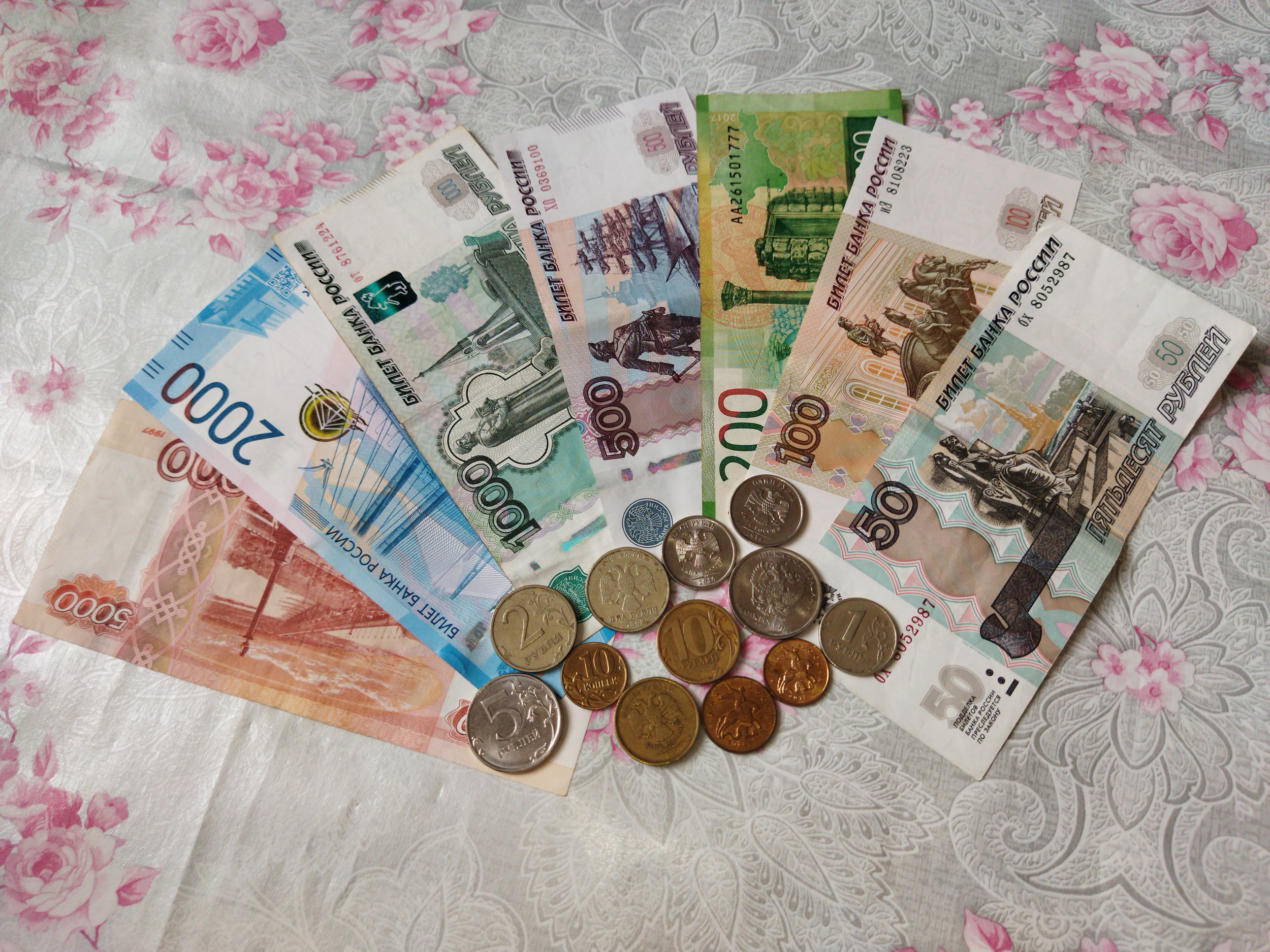Violent Protests Destabilize Chad
An estimated 50 people were killed and 300 more were injured during anti-government protests in Chad on October 20. Security forces opened fire on pro-democracy protesters across N’Djamena and other cities in the African nation, reports Reuters.
In April 2021, Chad’s president Idriss Déby was fatally wounded while visiting the frontlines of a battle against rebels in the nation's arid north, according to the BBC. In the aftermath of his death, Idriss Déby’s son, Mahamat Déby—a high-ranking military officer— assumed power. The younger Déby’s commandeering of the presidency sparked outrage amongst civilians and accusations of a coup d'etat.
When Mahamat Déby assumed power, he did so as the head of the Transitional Military Council, a body of military leaders that purported to serve as a stabilizing bridge between the elder Déby’s death and a new civilian government, according to Human Rights Watch. At that time, Déby promised a return to civilian rule in 18 months. However, Déby has since cracked down on protest movements and the opposition, according to U.S. News & World Report.
The U.S. Department of State reported that these most recent protests were sparked by an announcement, following months of consultations between a variety of interest groups that included tribal leaders, militia leaders, and the Chadian military, that the military government and Déby’s tenure as president would be extended 24 months until 2024.
On October 19, the Chadian government issued a ban on protests. However, this did not deter thousands of people from taking to the streets the following day. Protests were not entirely peaceful, with protesters burning tires, blockading roads, and reportedly throwing stones at security forces, according to Human Rights Watch.
Security forces responded with a storm of violence, shooting and beating protesters.
Condemnation of the military crackdown has been swift and universal. In a statement, the U.S. Department of State said, “We are deeply concerned by reports of casualties and urge all parties to deescalate the situation and exercise restraint.” France also decried the violence.
This latest incident comes at a turbulent time for Chad. Still reeling from the death of Idris Déby, the country now faces the dual threats of climate change and a restive insurgency while also attempting to counter domestic instability.
Violence is likely to persist as the government cracks down on opposition movements. It will be worth monitoring whether the government in Chad, if faced with increasing unrest, turns toward other international partners. Some nations in the region—Mali in particular—have begun to look for other security allies, such as Russia, after growing frustrated with the traditional regional power, France. Although Chad’s foreign minister has spoken out against Russia in the past, it remains to be seen whether that will stop the government from a future economic or security collaboration with the nation.
Russia, which has increasingly looked to expand its influence to the Sahel and West Africa, may perpetrate violence against protesters in return for access to natural resources and political power from African governments, according to the European Council on Foreign Relations.






